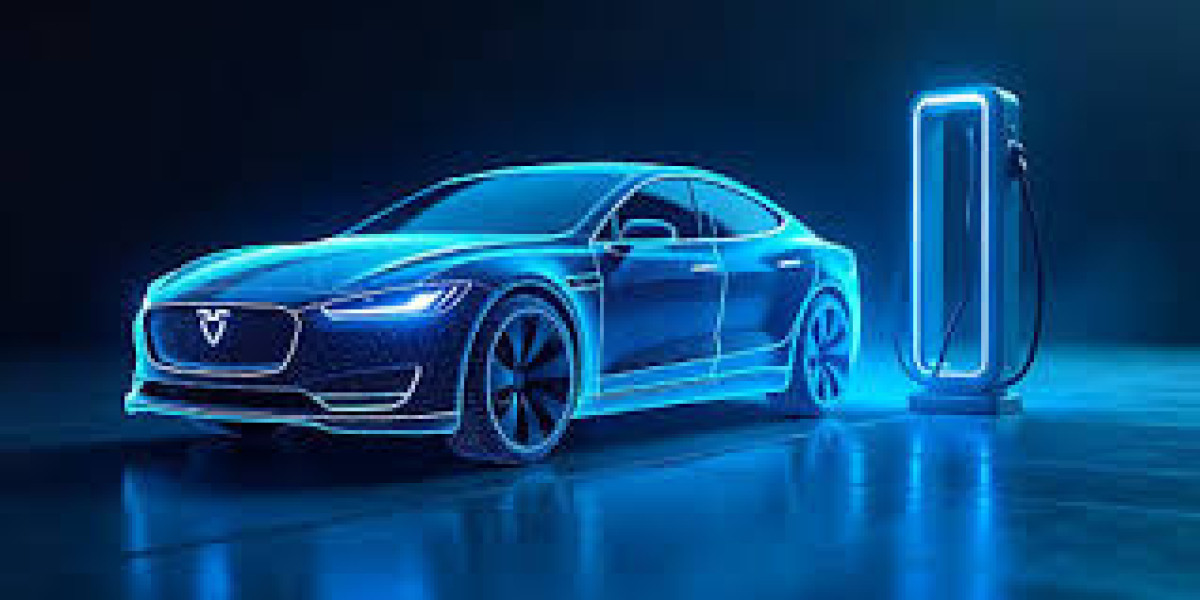The automotive industry is going through the most significant transformation in over a century. For decades, gasoline and diesel engines dominated roads, shaping economies, industries, and lifestyles. Today, however, electric vehicles (EVs) are redefining how we view transportation — and their rise is only accelerating.
Global Shift Toward Electric Mobility
Governments across the world are setting ambitious targets for reducing carbon emissions. The European Union, for instance, aims to phase out new petrol and diesel cars by 2035. China, already the largest EV market, is pushing domestic brands like BYD and NIO to compete globally. Meanwhile, the United States is investing heavily in EV infrastructure, with Tesla leading the charge.
This global momentum has created an ecosystem of innovation, jobs, and investment that is reshaping the Cars & Vehicles category entirely.
Benefits of Electric Cars
Environmental Impact – EVs produce zero tailpipe emissions, reducing urban air pollution.
Lower Running Costs – Charging an EV is generally cheaper than refueling with petrol. Maintenance is also lower, as EVs have fewer moving parts.
Driving Experience – Instant torque makes EVs faster and smoother to drive than most traditional cars.
These benefits are not just appealing to eco-conscious consumers but also to everyday drivers who want efficiency and performance.
Challenges on the Road Ahead
Despite the optimism, EV adoption faces hurdles. Charging infrastructure is still limited in many countries, making long-distance travel difficult. Battery technology, while improving, still struggles with high costs and limited range for affordable models. Additionally, questions about the sustainability of battery production — including mining rare earth metals — remain pressing concerns.
However, innovation is rapidly addressing these challenges. Companies are developing solid-state batteries, which promise faster charging and longer range. Governments are also subsidizing charging networks to make EVs more practical for everyone.
The Future Outlook
Experts predict that by 2030, nearly one in every three new cars sold worldwide will be electric. This shift won’t just affect automakers; it will transform entire industries — from oil and gas to urban planning. Gas stations may evolve into fast-charging hubs, while cities may design roads with built-in wireless charging systems.
Moreover, as self-driving technology matures, EVs and autonomous driving are expected to merge, creating a future where shared, driverless, electric cars dominate transportation.
Conclusion
The rise of electric cars is more than just an automotive trend — it’s a global movement toward sustainability and innovation. While challenges remain, the progress made in the past decade is proof that the EV revolution is unstoppable. Whether you’re a car enthusiast, an investor, or an everyday driver, the electric future is coming — and it’s coming faster than most people think.






